The CherISH network
Our projectsProject 9: Bimodal Fiting for optimal spatial hearing
Host Institution: Cochlear’s Advanced Algorithms lab in Cochlear’s European innovation hub in Mechelen, Belgium.
The project will be conducted in close collaboration with the Research group Experimental OtoRhinoLaryngology (ExpORL) lab at the nearby University of Leuven (Prof. Jan Wouters and Prof. Tom Francart).
The ultimate innovation goal is the design of a prescription rule that jointly setting the WDRC parameters of the hearing aid and cochlear implants, targeting simoultaneously optimal speech understanding in noise and spatial perception. The inputs to the rule are acoustic measurements on acoustic ad electrical side. the research adresses the knowledge gap “how does loudness perception vary in both modalities across a group of bimodal users?” and performs initial feasbility rules.
Our Partners in this project:
- UT, University of Tübingen, Germany [Secondment 1]
- Nemo Lab (Former 4DSOund)/Spatial Sound Institute, Hungary [Secondment 2]
- University of Leuven, Belgium [PhD degree]
- RNCS, TTK Research Centre for Natural Sciences, Hungary
- BME, Budapest University of Technology and Economics, Hungary
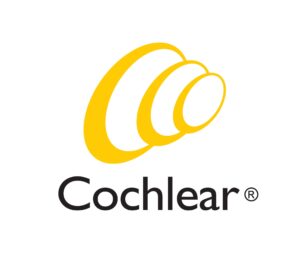

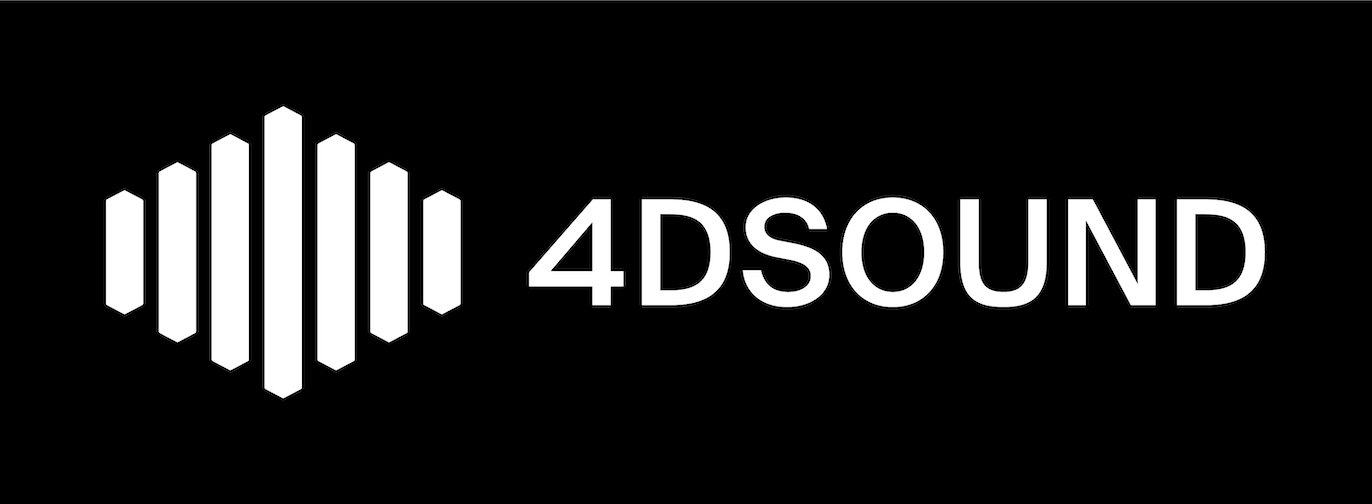
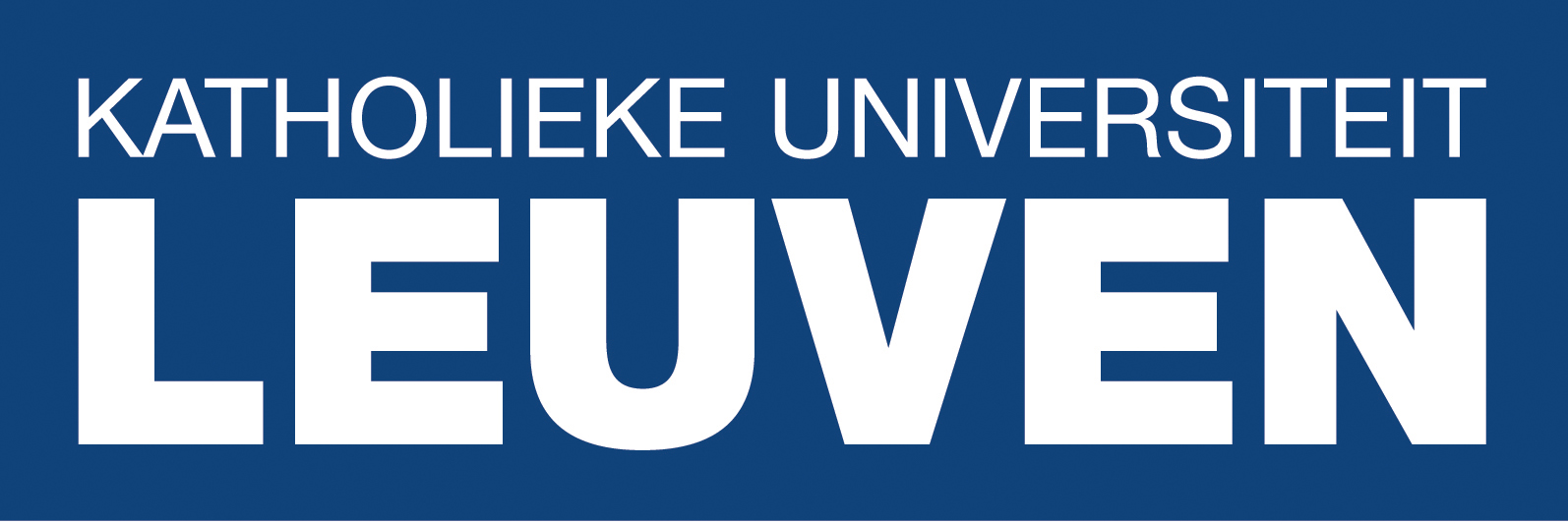


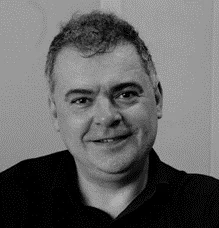
Dr. Filiep Vanpoucke, PhD
Vice President, Advanced Algorithms, Audiology and Clinical
Supervisor of DC9
Principal investigator of project 9.
N/N
DC9 Position to be filled

Dr. Zachary Smith, PhD
Director, Research - Algorithms & Applications
Co-Supervisor of DC9
Co-investigator of project 9
